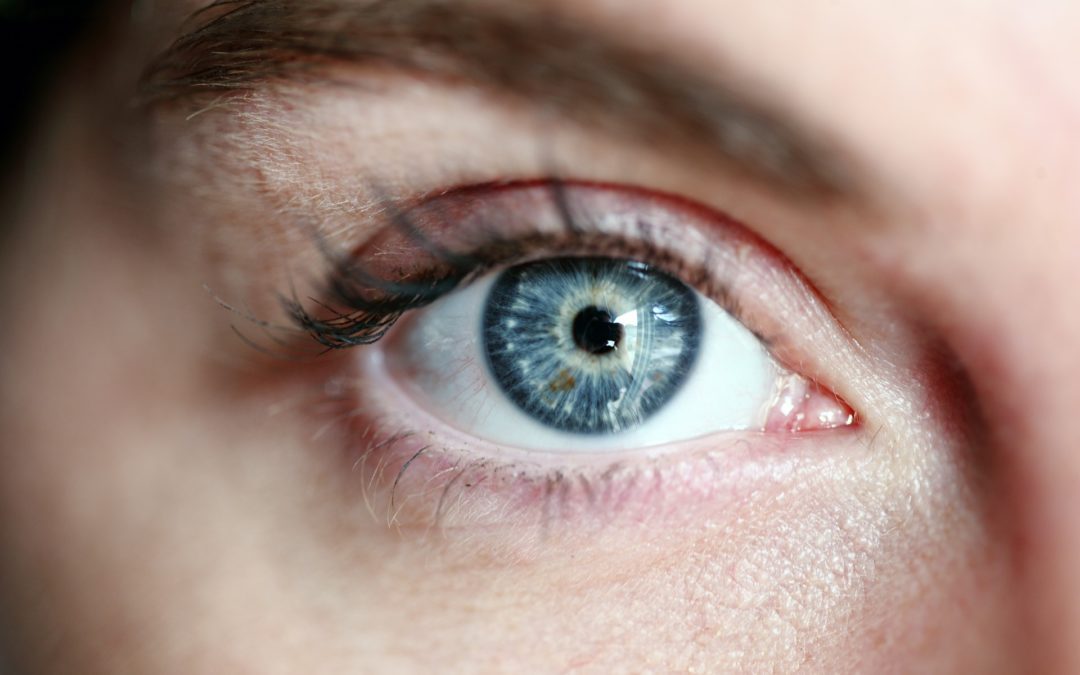Age-related macular degeneration is a chronic disease of the eyes, and is the leading cause of severe visual loss in adults over the age of 50. A recent meta-analysis1 finds that moderate and heavy alcohol consumption are associated with the risk to develop early age-related macular degeneration. Late age-related macular degeneration, on the other hand, is not associated with any amount of alcohol.
What is already known? Previous overview studies found that heavy alcohol consumption is related with early age-related macular degeneration (AMD)2,3, but not with late AMD.3 Less is known about the effect of moderate alcohol consumption.
What does this study add? This meta-analysis summarizes the results of six cohort studies and one cross-sectional study on alcohol and AMD. It both looks at early and late AMD, and makes a distinction between light, moderate and heavy alcohol consumption.
What is age-related macular degeneration?
Age-related macular degeneration (AMD) is a chronic disease of the eyes. It is the leading cause of severe visual loss in adults over the age of 50.3 As its name implies, the condition primarily affects the macula, which is the region of the retina responsible for central vision.
Higher risk of early age-related macular degeneration
There are multiple stages of age-related macular degeneration. In early AMD there is usually no vision loss, but there are small or few medium-sized yellow spots in the eye, also called drusen.4
The current meta-analysis finds that compared to non-drinkers or occasional drinkers, the risk to develop early AMD is 19% higher for moderate drinkers (one to two drinks a day) and 24% for heavy drinkers (more than two a day). There was no association for people drinking less than one drink a day.
No increased risk of late age-related macular degeneration
People in the late stages of age-related macular degeneration will experience loss of vision. This occurs because certain cells in the eye die (of the retinal pigment epithelium), or because they fail to prevent blood vessels growing under the retina.4
According to the results, alcohol consumption is not related to this late stage.
Strengths
- Meta-analysis
- Most studies adjusted for age and cigarette smoking
- Dose-response analysis
Limitations
- Observational research – cannot prove causality
- Not adjusted for ex-drinkers
References
- Zhang, J., Mitsuhashi, T., Matsuo, T., Yorifuji, T., Hamada, J., & Liu, Y. (2021). Alcohol consumption and age-related macular degeneration: A systematic review and dose–response meta-analysis. Current Eye Research, (just-accepted).
- Chapman, N. A., Jacobs, R. J., & Braakhuis, A. J. (2019). Role of diet and food intake in age‐related macular degeneration: a systematic review. Clinical & experimental ophthalmology, 47(1), 106-127.
- Chong, E. W. T., Kreis, A. J., Wong, T. Y., Simpson, J. A., & Guymer, R. H. (2008). Alcohol consumption and the risk of age-related macular degeneration: a systematic review and meta-analysis. American journal of ophthalmology, 145(4), 707-715.
- https://www.mdfoundation.com.au/about-macular-disease/age-related-macular-degeneration/what-is-amd/

